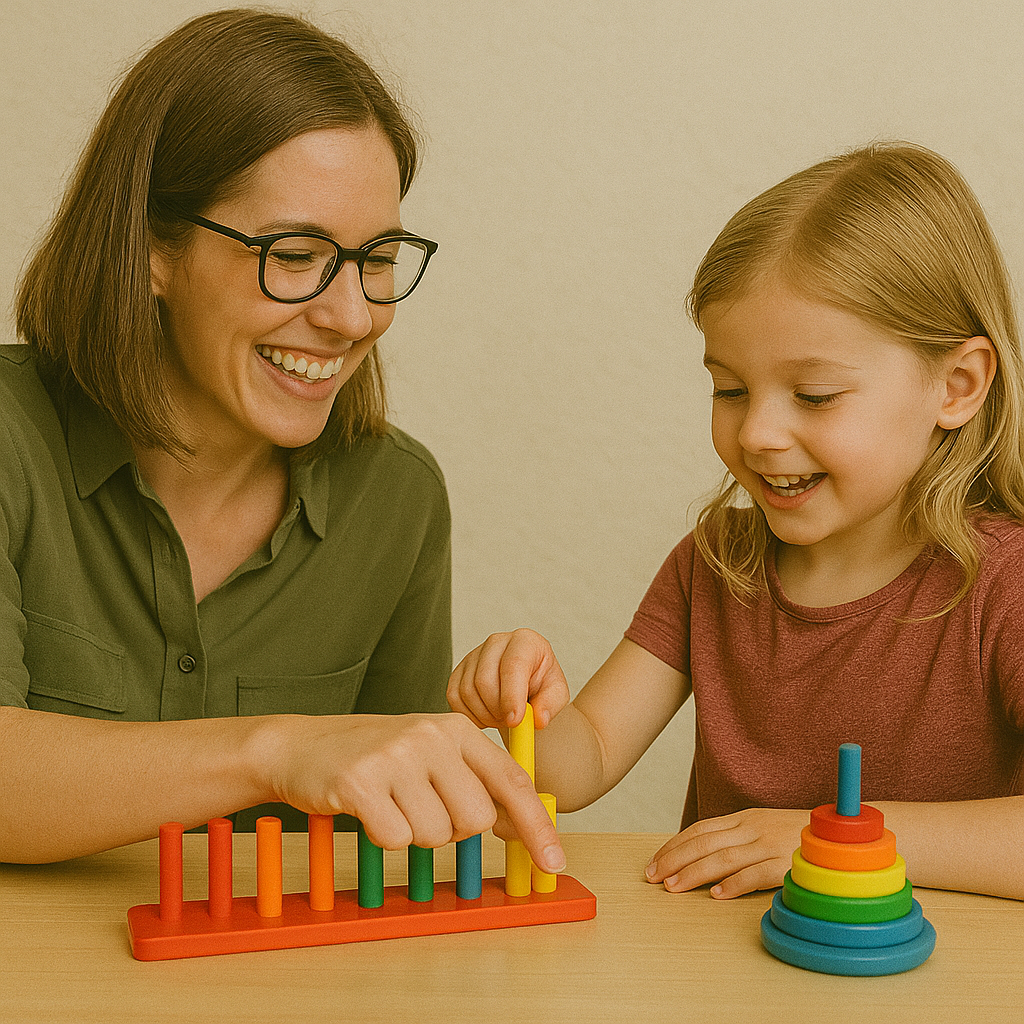10 Creative Activities to Support Skill Development at Home
Supporting your child's skill development at home is a wonderful way to complement their ABA therapy sessions. Consistent practice across different environments helps children generalize skills and make faster progress. Here are 10 creative activities you can do together:
1. Sensory Bins
Create bins filled with rice, beans, or sand and hide small toys or objects inside. This helps with fine motor skills, sensory processing, and can be used for learning colors, counting, and object identification.
2. Social Stories
Create simple stories about everyday situations or upcoming events. Use pictures and simple text to help your child understand what to expect and how to respond appropriately.
3. Emotion Charades
Take turns acting out different emotions and guessing what they are. This helps with emotional recognition and expression.
4. Obstacle Courses
Set up simple obstacle courses in your home or yard to develop gross motor skills, following directions, and sequencing abilities.
5. Cooking Together
Involve your child in simple cooking activities. This teaches following directions, sequencing, measuring, and basic life skills.
6. Visual Schedules
Create picture-based schedules for daily routines. This helps with transitions, independence, and understanding time concepts.
7. Turn-Taking Games
Board games, card games, or simple ball-rolling activities teach crucial social skills like waiting, taking turns, and handling winning and losing.
8. Scavenger Hunts
Create hunts for items around your home based on categories, colors, or letters to build language and classification skills.
9. Puppet Play
Use puppets to act out social scenarios, practice conversations, or work through challenging situations in a non-threatening way.
10. Music and Movement
Songs with movements help develop language, motor skills, rhythm, and the ability to follow directions. They're also great for transitions between activities.
Remember to keep activities fun and at an appropriate level for your child. Celebrate small successes and don't worry if things don't go perfectly. The most important thing is creating positive learning experiences together.
